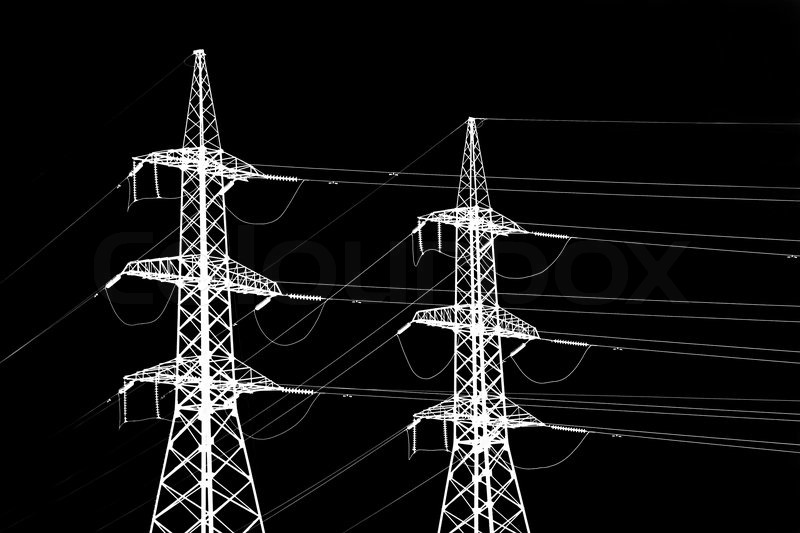- Some Power Firm Managers Award Inflated Contracts to Relatives –Fashola
The Minister of Power, Works and Housing, Mr. Babtunde Fashola, on Monday alleged that the managers of some power distriubtion firms were awarding inflated contracts to their relatives.
He also threatened to sanction the firms for their continued inability to deliver on agreed terms.
While condemning the recent statements by the firms, a visibly angry Fashola declared that the power firms had failed in many aspects.
According to him, allegations of obsolete infrastructure in the power sector by the companies are unnecessary because they were aware of the state of the facilities when they purchased the assets.
The minister, who spoke during the 15th monthly meeting of power sector stakeholders in Jos, Plateau State, also demanded that participants should cast a vote on whether to carry on with the meeting every month or to put an end to it, as he expressed worry over the poor attendance at the forum.
Fashola was particularly pained by the actions of the power distribution companies, who according to him, are bent on frustrating the stakeholders’ meetings, adding that the Discos had failed in providing meters and electricity feeders, as well as remitting very poor revenue to the market and making false allegations against the government, among others.
The minister, who chaired the meeting, also lamented the electrocution of seven persons at a football viewing centre in Calabar, Cross River State recently, and blamed it on man-made errors of the power companies.
“Whilst the accident is regrettable and the consequences very saddening, they were clearly man-made and avoidable; and if we must learn any lessons from the accident, it is to honestly and truthfully admit that it occurred as a result of non-compliance with laws and regulations,” he said.
On how the Discos frustrate efforts of the government, Fashola said the firms had formed themselves into an association of power distribution companies and had persistently issued statements on issues they either did not present for discussion at meetings, or which contradicted the communiqué jointly agreed and released after each meeting.
The minister, however, declared that his ministry reserved the right to recognise or deal with the Discos as a body, adding that the Nigerian Electricity Regulatory Commission and the Nigerian Bulk Electricity Trading Plc would communicate a similar position to the firms.
Picking on the issues raised by the Discos in their statements, Fashola said the firms alleged that attempts to escrow their revenue accounts would amount to nationalisation or an intrusion into their business, but failed to state that the condition was agreed by the firms with Central Bank of Nigeria.
He stated that the agreement between the Discos and the CBN was a condition for the bank to offer the firms stabilisation funds by way of loans to fund the business they invested in because commercial banks were reluctant to do so.
Fashola said, “What you (Discos) also failed to state was that the loan was at 10 per cent interest, which is well below the commercial rate. What you also failed to state is that you also agreed under that arrangement to establish letters of credit to guarantee future payments to the NBET and Transmission Company of Nigeria’s Market Operator, that the agreed commercial terms of the letters of credit authorises the NBET and the Market Operator to draw on the letters of credit for any default in payment to them, and that such defaults have occurred and continue to occur.
“Any right-thinking person will accept the principle that any person lending you money must have the right to know what you are doing with the money, especially when under-collection and underpayment have been a major feature of many Discos’ performance.
“As far as the regulation on your procurement is concerned, what the public needs to know, which your statement was silent on, is that you are entitled to fully recover your costs and investments by law, and this is the function of how tariffs are calculated.”
The minister said the government had 40 per cent stake in the Discos and that it had a duty to ensure that they buy parts and other equipment at reasonable and competitive market prices, and “not through inflated contracts to relatives as we have seen in some Discos in respect of which NERC will take action in due course and sanction those who are involved.”
He added that many of the firms had failed to invest in feeders and distribution equipment to get power to consumers, noting that this had led to load rejection in an economy that did not have enough electricity.
“Your statement does not address the ill-logic of standing in the way of a consumer seeking to get by himself what the service provider has failed or is unable to give him,” Fashola said.
On corporate governance at the Disco level, he stated that the power firms had failed to provide up-to-date audited financial statements as required by their licences.
The minister said, “If a company cannot produce all the records of its transactions and accounts, does that not allude to gaps in its governance? Does the fact that consumers go beyond their service provider who collects the money monthly to complain to government, who does not collect money for their power, not call for a look in the mirror about your corporate governance?
“Good corporate governance will ignite the conscience of an electricity business to first provide meters to its customers before seeking tariff increase, so that a metered consumer will at least have the ability to fairly measure from his meter how he is being billed.”

 Naira4 weeks ago
Naira4 weeks ago
 News4 weeks ago
News4 weeks ago
 Naira4 weeks ago
Naira4 weeks ago
 Travel3 weeks ago
Travel3 weeks ago
 Naira3 weeks ago
Naira3 weeks ago
 Jobs4 weeks ago
Jobs4 weeks ago
 Naira3 weeks ago
Naira3 weeks ago
 Investment4 weeks ago
Investment4 weeks ago






























